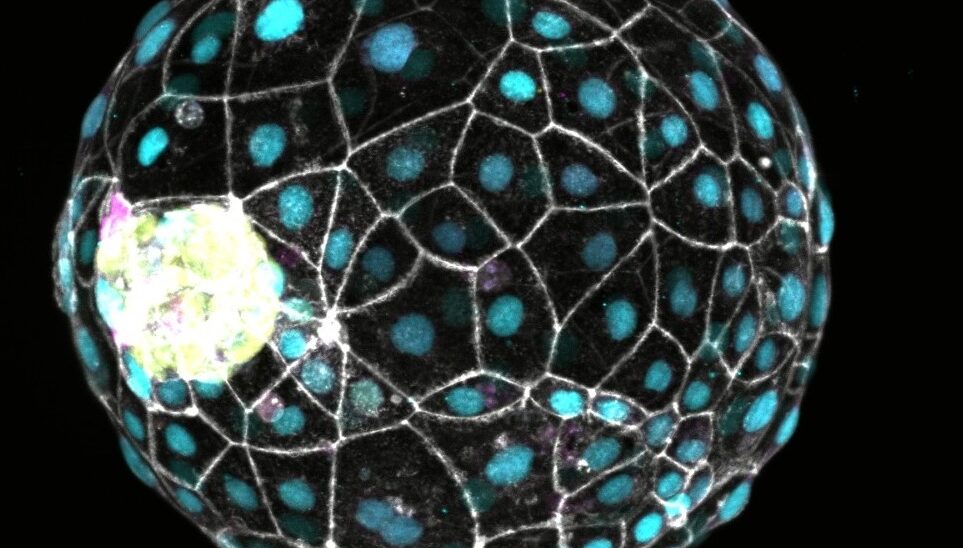Researchers at the Max Planck Institute and IMBA discovered that human cells retain the ability to enter a dormant state akin to embryonic diapause, which could enhance in vitro fertilization (IVF). By inhibiting the mTOR signaling pathway, they induced this dormant state in stem cell models, suggesting a potential mechanism for temporarily slowing development to improve reproductive health outcomes. This finding highlights the evolutionary vestige of diapause in humans and its implications for reproductive medicine.

StockWatch: After 1- and 6-Month Gains, Gene Editing Companies Await Q3 Results
As developers of gene editing therapies and other genetic medicines get set to report third quarter earnings in the coming days, analysts and especially investors


